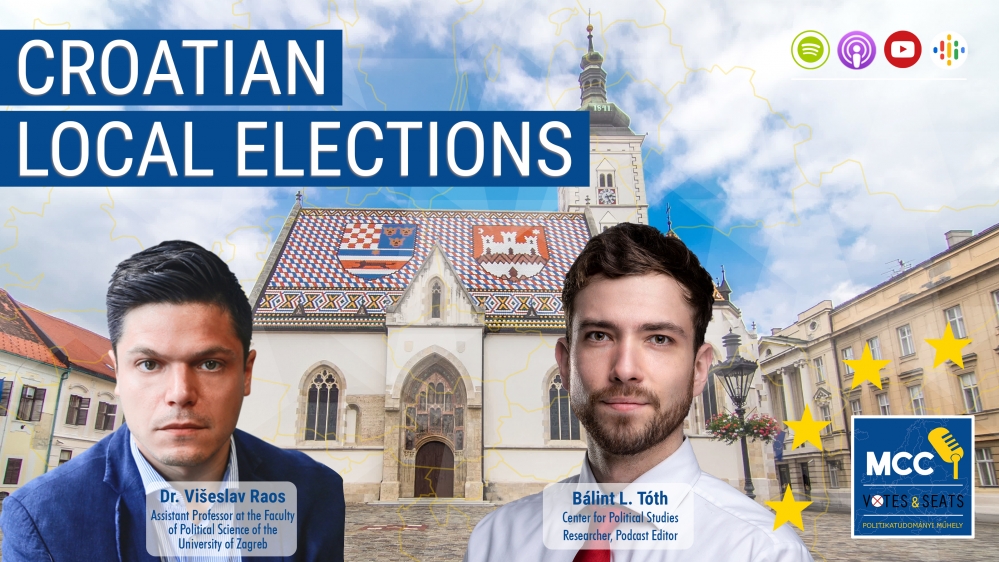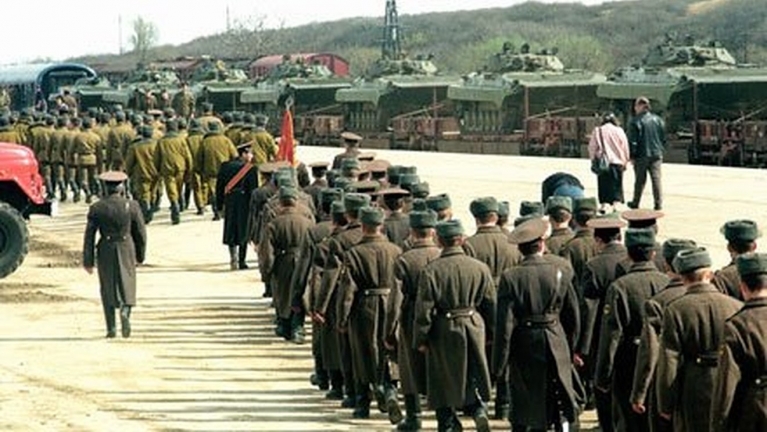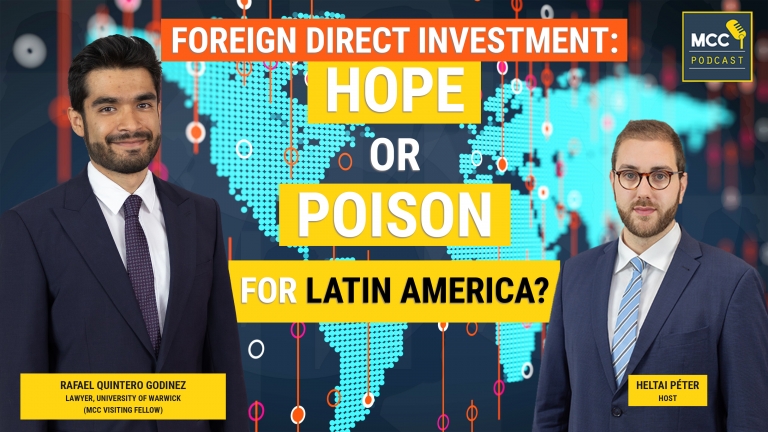Our guest analyst, Višeslav Raos* points out that the three largest Croatian cities were acquired by the leftist-liberal camp, while the ballot saw a considerable loss of support for the traditionally influential political forces. After more than two decades, Zagreb elected a new mayor. Tomislav Tomašević’s anti-corruption agenda attracted social democratic, leftist-liberal, Marxist, feminist, Titoist, and green voters as well. Like former U.S. president Barack Obama, Tomašević also campaigned on the slogan ‘Yes we can!’ (Možemo), and became popular especially among intellectuals, local activists, and first-time voters. However, Mr. Raos emphasizes that younger generations have greater expectations, therefore, in contrast to faithful sympathizers, it is more difficult to maintain their enthusiasm. Tomašević’s far-right rival, the singer-winemaker Miroslav Škoro (a former consul to Hungary) accused Možemo of wanting to revive Yugoslavia. Mr. Raos highlights that the negative campaign led to negative mobilization, and Škoro’s candidacy motivated many Zagrebians to vote against his far-right agenda. An election of paradoxes. Škoro wanted his Homeland Movement to became a right-wing alternative to the ruling conservative HDZ. The irony of fate is that while many years ago Škoro could not win the mayorship in his hometown Osijek with HDZ support, this time, the conservative party acquired the Slavonian city, right against Škoro’s candidate. The May 2021 local elections had another twist in the tale: while the freshly elected Zagrebian mayor Tomašević is an idol for those who want to get rid of the burden of war and nationalism, his father, a renown veteran, was a candidate on the Homeland Movement’s list in another municipality. Will the new generation challenge the existing historical-cultural pillars of the Croatian society as the old political elite goes in retirement? How can the capital city’s new leader step in the shoes of the unexpectedly deceased former mayor whose popularity was guaranteed by his showman attitude carrying a cross in a pilgrimage on one day and making a speech to partisan veterans with a badge of Tito’s face on the other day? Mr. Raos helps us understand if it will be possible for the leftist-liberal-green local administrations to challenge the Croatian political elite at national level. Our guest expert, Dr. Višeslav Raos serves as Assistant Professor at the Faculty of Political Science of the University of Zagreb with specialization in comparative politics, electoral systems, and party competition.

June 21, 2021
Croatian local elections
This time, the Votes & Seats podcast seeks to understand whether the new formations that gained momentum in the May 2021 local elections can change the balance of power in the Croatian party politics.
Reading time: 3 minutes









